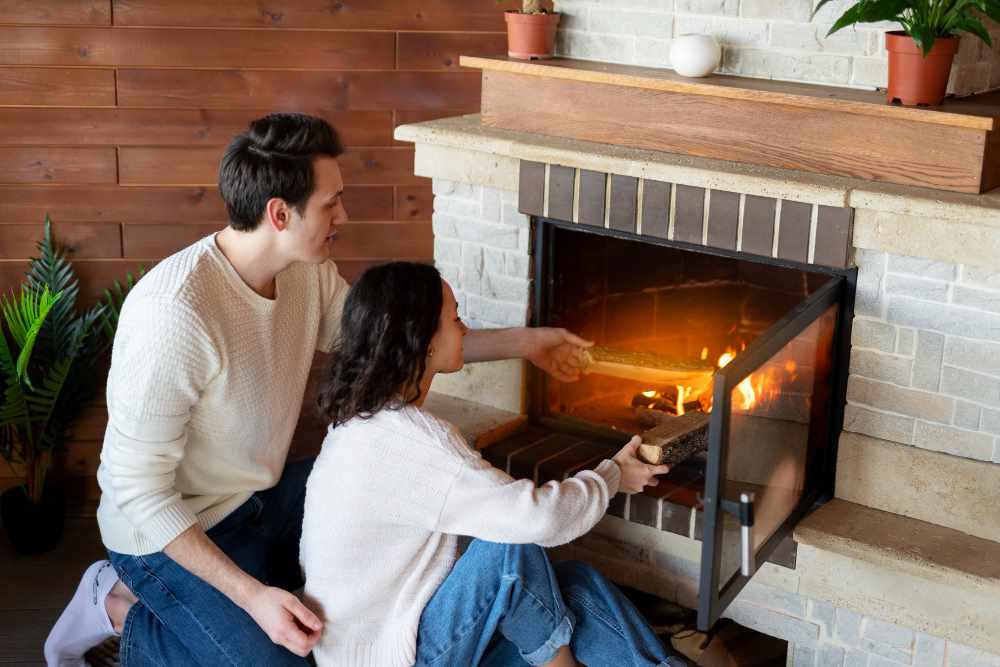If you live in your house long enough, you will need to replace your furnace system at some point to maintain comfort. Thankfully, if adequately maintained, furnaces can last 15 to 30 years. During that time, you can make a few little repairs to extend the life of your system.
It might be challenging to decide when to invest in a brand-new furnace and when you can get away with doing repairs. Fortunately, a few factors might assist you in making a wise choice:
- The repair costs
- The condition and age of your furnace
- The changes in your comfort level and energy costs
Below, we will discuss the factors mentioned above to assist you in making the best decision for your particular circumstance.
The Repair’s cost
The main factor that would probably lead a homeowner to choose a replacement system over a repair is the cost of the repairs. But when does the cost become too great to warrant a complete replacement?If fixing the furnace costs half or more of installing a new one, it’s time for a furnace replacement.
Assume your furnace needs a significant repair that will cost about $2000, and a new furnace costs around $2,500. In this instance, replacing your outdated furnace would be far more economical than making repairs.
An additional element to consider is the frequency of furnace repair. If your furnace has required multiple repairs in the last two years, it would be wiser to replace it rather than invest more money in a failing system.
The furnace’s age and condition
You should consider the furnace’s age when choosing between having repairs done or getting a new one.If your furnace is over fifteen years old, it may be nearing the end of its useful life. It would be preferable to replace it rather than spend hundreds of dollars on repairs.
On the contrary, minor repairs should be sufficient if your furnace is ten years old or younger unless it exhibits persistently severe problems. A furnace’s lifespan will vary depending on how it is used and maintained, but it can be prolonged by doing yearly maintenance and being proactive with repairs when needed.A properly maintained furnace has a 15–20-year lifespan.
Modifications to your comfort and energy costs
Your furnace’s efficiency decreases with age, and your monthly energy expenses will increase accordingly. If your energy expenditures have risen over the past few years, it could be time to replace your furnace.
Furnaces degrade with age and require more energy to function like new ones. Additionally, older furnaces have a harder time dispersing heat evenly around your house, which can lead to monthly variations in your energy costs.If your furnace starts to lose efficiency, it can be more cost-effective to replace it with a brand-new, high-efficiency furnace to save running expenses.
Final words
It is essential to engage a furnace expert when deciding whether to repair or replace your furnace. They can inspect your system and determine the best solution.

